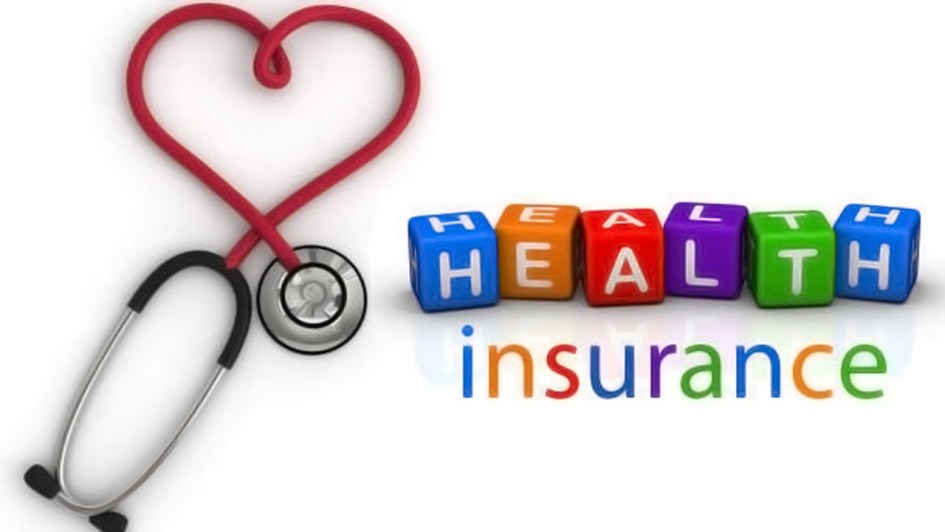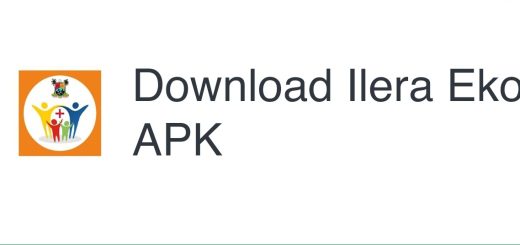Can I Get Health Insurance Without a Job in Nigeria? See Answer
Do you find yourself without a job that provides health insurance coverage in Nigeria?
If so, you may be wondering, “Can I still get health insurance even though I’m not employed?”
The good news is that there are indeed options available for individuals in this situation.
Obtaining health insurance when you don’t have an employer-sponsored plan can be important in ensuring access to affordable medical care and protecting yourself from the financial burden of unexpected healthcare costs.
In this article, we’ll explore the various avenues through which you can secure health insurance coverage in Nigeria, even if you’re self-employed, unemployed, or simply don’t have access to a job-based health plan.
CAN I GET HEALTH INSURANCE WITHOUT A JOB IN NIGERIA?
If you don’t have a job that provides health insurance coverage, getting proper medical care when you need it can be a major worry and financial burden in Nigeria.
However, there are options available to obtain health insurance even if you are self-employed, retired, unemployed, or just don’t have access to an employer-sponsored health plan.
Let’s explore some of the ways you can get health insurance in Nigeria without a job.
NATIONAL HEALTH INSURANCE SCHEME (NHIS)
The National Health Insurance Scheme (NHIS) is a federal government program aimed at providing affordable and accessible healthcare to all Nigerians.
While it was initially designed for employees in the formal sector, the scheme has been expanded to cover others, including:
- Students
- Children under 18
- Pregnant women
- Retirees
- Self-employed individuals
- Permanently disabled persons
- Refugees and immigrants
To enroll in the NHIS as an individual, you need to register with any NHIS-accredited Health Maintenance Organization (HMO) and pay an annual premium.
The premium amount varies depending on your age and location, but it generally ranges from ₦15,000 to ₦40,000 per year for an individual.
Once registered, you’ll have access to a wide range of health services, including consultations, diagnostic tests, maternity care, and surgery, depending on the plan you choose.
However, it’s important to note that the NHIS doesn’t cover certain medical conditions and treatments, such as cancer, dialysis, and organ transplants.
PRIVATE HEALTH INSURANCE
If the NHIS doesn’t meet your health coverage needs, or if you prefer more comprehensive coverage, you can opt for private health insurance plans offered by various insurance companies in Nigeria.
These plans typically provide broader coverage and more flexibility in choosing healthcare providers.
Private health insurance plans can be tailored to your specific needs and budget, with premiums varying based on factors such as age, medical history, and the level of coverage desired.
Some popular private health insurance providers in Nigeria include:
- Axa Mansard
- Leadway Assurance
- Hygeia HMO
- Avon Healthcare Limited
- Total Health Trust
When considering private health insurance, it’s essential to carefully review the policy details, including coverage limits, deductibles, co-payments, and exclusions, to ensure that the plan meets your needs and budget.
HEALTH SAVINGS ACCOUNTS
Another option for individuals without a job or employer-sponsored health insurance is to open a health savings account (HSA).
An HSA is a tax-advantaged savings account specifically designed to help cover qualified medical expenses.
To open an HSA in Nigeria, you need to enroll in a high-deductible health plan (HDHP) offered by some insurance companies or HMOs.
The money you contribute to your HSA is tax-deductible, and the funds can be used to pay for eligible medical expenses, such as doctor visits, prescription drugs, and hospital stays.
The advantage of an HSA is that the money contributed rolls over from year to year, so you can build up savings to cover future medical costs.
Additionally, some employers may contribute to their employees’ HSAs, even if they don’t offer a traditional health insurance plan.
COMMUNITY-BASED HEALTH INSURANCE SCHEMES
In some rural and urban communities in Nigeria, there are community-based health insurance schemes (CBHIS) designed to provide affordable healthcare to residents.
These schemes are typically organized and managed by the community members themselves, with contributions pooled together to cover medical expenses.
CBHIS plans vary in their coverage and contribution requirements, but they generally offer basic healthcare services such as consultations, laboratory tests, and hospitalization at designated healthcare facilities.
While not as comprehensive as private health insurance, CBHIS can be a viable option for those with limited financial resources.
HEALTHCARE LOANS AND SAVINGS PLANS
If you don’t have health insurance coverage and need to pay for medical expenses out-of-pocket, you may consider exploring healthcare loans or savings plans offered by some banks and financial institutions in Nigeria.
Healthcare loans are designed specifically to help individuals finance medical treatments, surgeries, or other healthcare costs.
These loans typically have lower interest rates and more flexible repayment terms compared to traditional personal loans.
On the other hand, healthcare savings plans allow you to set aside a portion of your income regularly to build up a dedicated fund for future medical expenses.
Some banks and financial institutions offer these savings plans with attractive interest rates and tax benefits.
While these options can help you manage healthcare costs, it’s important to carefully evaluate the terms and conditions, as well as your ability to repay any loans or maintain consistent savings contributions.
CONCLUSION
In Nigeria, the lack of a job that provides health insurance coverage doesn’t necessarily mean you’re left without any options for obtaining healthcare protection.
As we’ve discussed, avenues such as the National Health Insurance Scheme, private health insurance plans, health savings accounts, community-based health insurance schemes, and healthcare loans or savings plans can offer solutions tailored to different needs and budgets.
Ultimately, the choice will depend on factors like your specific healthcare requirements, financial situation, and personal preferences.
By taking the time to understand and explore these alternatives, you can find a way to safeguard your health and financial well-being, even in the absence of an employer-sponsored health plan.
Don’t let your employment status deter you from prioritizing your healthcare needs – there are viable solutions available if you’re willing to explore them.



